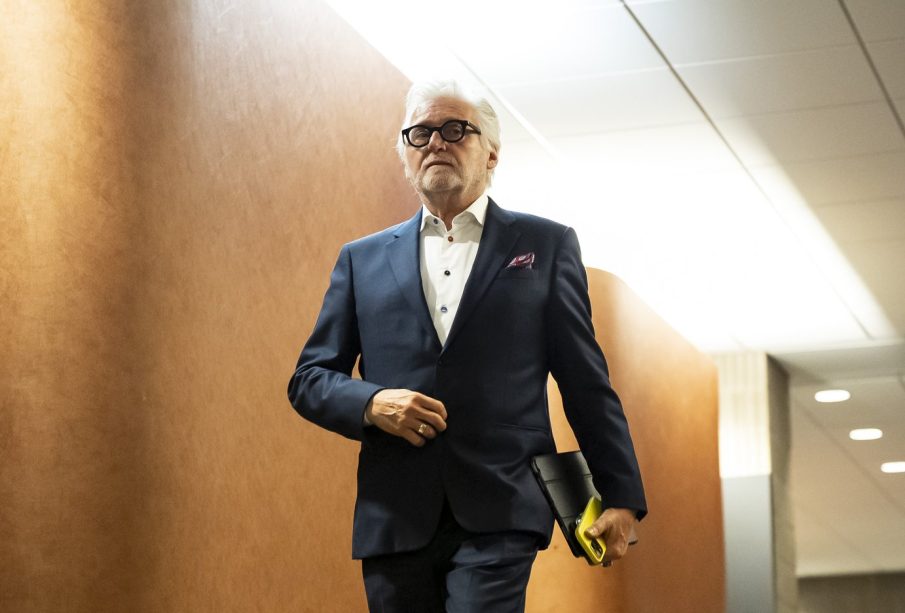Gilbert Rozon: Current Challenges and Legacy

Introduction
Gilbert Rozon, the renowned Canadian producer and entrepreneur, is once again in the spotlight due to ongoing legal and reputational challenges. His legacy, once celebrated for contributions to the arts through productions like the Just for Laughs festival, is now under scrutiny. Recent allegations and legal battles have prompted public discourse surrounding the complexities of accountability in the arts community.
Current Controversies
In the past few years, Rozon has faced multiple allegations of sexual misconduct, which he has consistently denied. In October 2022, he was ordered to pay damages following a civil lawsuit brought forward by an alleged victim, adding a financial layer to the ongoing controversies. The original claims against Rozon surfaced in 2017 during the #MeToo movement, which encouraged individuals to come forward with their experiences of sexual harassment and violence. This societal shift put a significant spotlight on entertainment figures like Rozon.
In a recent development, Rozon has expressed intentions to clear his name and restore his public image. He has embarked on a campaign asserting his innocence, seeking to engage with the media to share his perspective. However, public sentiment remains mixed, as many continue to criticize his past behaviors, reflecting a broader dialogue about accountability in the entertainment industry.
The Arts Community’s Response
The response from the arts community has been intense and polarized. Some industry peers stand by Rozon, arguing for due process and stating that allegations do not equate to guilt. In contrast, numerous artists and activists have voiced their support for victims, calling for a greater reckoning within the industry. This division has created an environment of discomfort as creators navigate the implications of supporting or denouncing Rozon’s legacy.
Conclusion
The situation surrounding Gilbert Rozon highlights critical issues facing not only the arts community but also society at large: the balance between creativity and accountability, the complexities of legacy, and the need for supportive environments for victims. As Rozon continues his legal battles, the outcomes may have far-reaching implications for similar cases in the future. For audiences and artists alike, the ongoing developments challenge them to reflect on how the legacy of public figures should be considered in light of their actions.
As stakeholders in the arts and entertainment sectors grapple with these themes, the question remains: can a tainted legacy be redeemed, or do the shadows of past actions forever alter the public’s perception? The coming months are likely to hold significant developments not only for Rozon himself but for the broader dialogue about maintaining integrity and respect in creative spaces.









